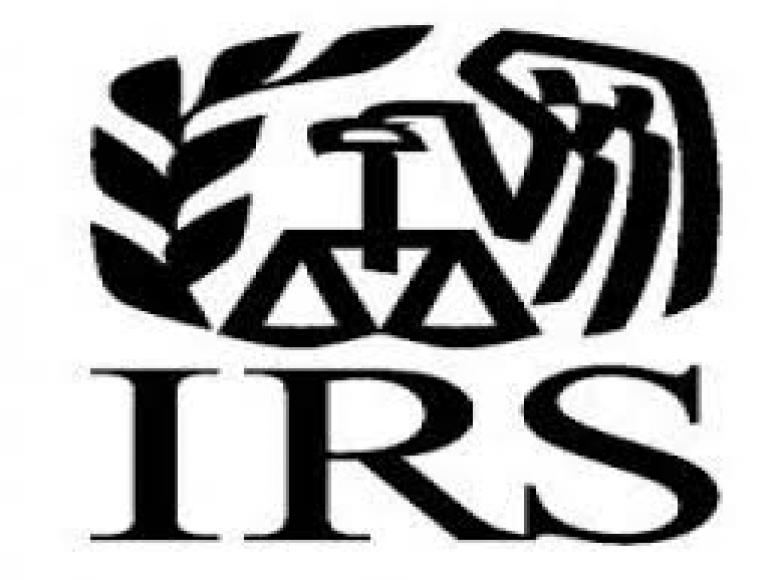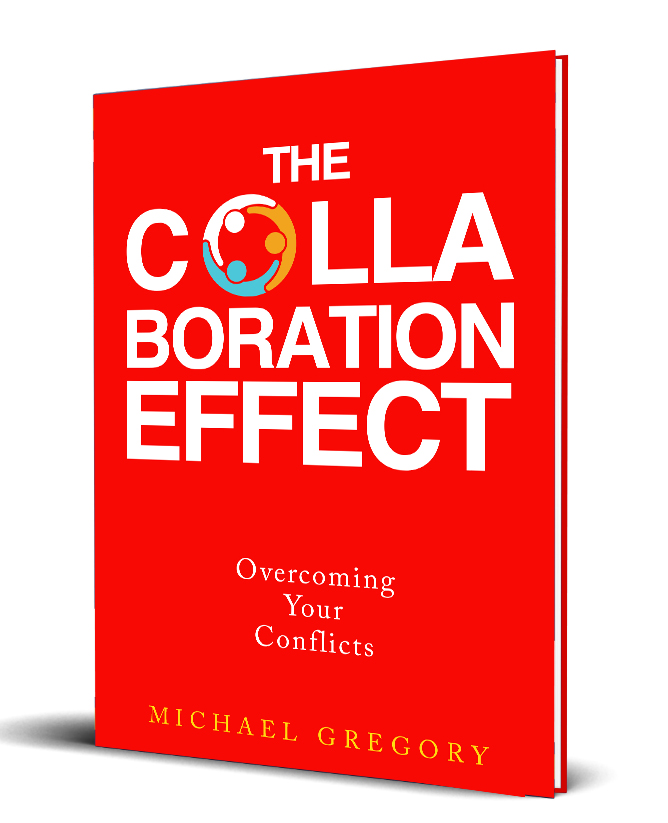
On July 14, 2020 it was my pleasure to be interviewed by Melissa Gragg, CVA, MAFF, CDFA and Managing Partner at Bridge Valuation Partners, LLC. This 84 minute podcast is packed many ideas of how to avoid and what to do if audited by the IRS on an estate or gift tax return. What does this have to do with The Collaboration Effect® you may ask. Read on. Clearly not everything in that podcast can be presented here, but some of the key highlights can be. The purpose of this blog is to focus on one of the questions from that podcast. That is: focusing on estate and gift tax audit classification and collaboration.
What are the odds?
The latest IRS data book came out June 29, 2020. Analyzing tables and pulling together information here is the latest information from the IRS regarding Estate and Gift (E&G) tax audits from the IRS in 2019. In 2019 the chances of an estate being audited were 6.9% and for a gift tax return the chances were 0.8%. Digging a little deeper if the estate had a value of more than $10 million the chances were 21.7%. That means greater than 1 in 5. If the estate were greater than $5 million to $10 million or less the chances were 9.2%. That is nearly 1 in 10. If the estate were $5 or less the chances were 2%. Why is that? The IRS is all about voluntary compliance. They follow the money. Note that in 2018 the chances for an estate that had a value of more than $10 million was 8.6%. The chances of an audit for estates greater than $5 million to $10 million went down from 12.6% to 9.2% from 2018 to 2019. Comparing 2013 to 2019 the IRS has reduced audits on estates of more that $10 million from 31.2% to 21.7% and for estates greater than $5 million to $10 million or less the chances dropped from 23.7% to 9.2%. This indicates the chances of being audited for estates is becoming less, but well above the 0.45% chance of being audited on an individual return.
This is how to avoid the audit on and estate or gift tax return
At the IRS the Estate and Gift (E&G) Tax Program in the Small Business Self Employed Division is the program responsible for auditing E&G returns. Frequently when valuations are involved of closely held firm stock, they call upon IRS Valuers from the Large Business and International Division Engineering Program. So, what should a taxpayer do?
First hire a qualified appraiser to perform a qualified appraisal. The definition is presented in Revenue Notice 2006-96. What is a qualified appraisal?
Qualified appraisal
“An appraisal will be treated as a qualified appraisal within the meaning of § 170(f)(11)(E) if the appraisal complies with all of the requirements of § 1.170A-13(c) of the existing regulations (except to the extent the regulations are inconsistent with § 170(f)(11)), and is conducted by a qualified appraiser in accordance with generally accepted appraisal standards. See sections 3.02(2) and 3.03 of this notice.”
Note this is not a calculation report. This is not a restricted appraisal. This is an appraisal. The requirement is for a qualified appraisal.
It also states in part:
“the appraisal is consistent with the substance and principles of the Uniform Standards of Professional Appraisal Practice (“USPAP”), as developed by the Appraisal Standards Board of the Appraisal Foundation. Additional information is available at the Appraisal Foundation.”
Qualified Appraiser
“An appraiser will be treated as having earned an appraisal designation from a recognized professional appraiser organization within the meaning of § 170(f)(11)(E)(ii)(I) if the appraisal designation is awarded on the basis of demonstrated competency in valuing the type of property for which the appraisal is performed.” It also indicates that the appraiser should have verifiable appropriate education and experience in the field by regularly performing such valuations. A Certified Valuation Analyst (CVA) with the National Association of Certified Valuers and Analysts, an Accredited Senior Appraiser (ASA) with the American Society of Appraisers, and a CPA with an Accredited Business Valuer (ABV) designation meet this minimum requirement. As an added word of advice someone that regularly conducts valuations in your industry is likely a better candidate to help you in this instance.
IRS classification
Once the appraisal has been completed by the qualified appraiser for E&G purposes it is highly recommended that the appraiser
summarize all of the key facts in the appraisal on one page and place that key information inside the front cover of the report.
Note this is not a requirement. This is something you can initiate with your valuer as part of your engagement letter. The paper filed estate or gift tax return is sent to the IRS Kansas City Service Center where it will be classified by the IRS. Typically, E&G attorneys and IRS valuers will physically conduct the national classification process by traveling to Kansas City. They each have tasks to complete. By providing a qualified appraisal by a qualified appraiser and supplying the one-page summary sheet this helps the IRS classifiers. If the appraisal seems to meet the standards and the key information is consistent with the appraisal this may very well reduce the probability of an audit. Making their job easier certainly can’t hurt. In my experience reviewing appraisals for this purpose this genuinely seems to have helped.
If it is selected for an audit through the national classification process and meets the criteria for the number of returns requested for a particular estate or gift tax code by a local E&G manager, it may be sent to the local group. Here the return may be classified by a local E&G attorney and a local IRS valuer based on the national classification process, and an understanding of local conditions. These include who the appraiser, CPA, tax attorney and their firms are based on prior experiences with the IRS and other criteria. In this case the local classifiers category each of the returns and appraisals into one of three categories. These are: to be audited, to be audited if we have time, and not to be audited.
What about an audit?
Apply The Collaboration Effect®. From the very beginning when you receive the written IRS notification letter of an audit,
be positive, professional and calm the fire.
When you know who is working the case at the IRS learn all you can about the person to try and build a connecting relationship. Listen actively to the IRS representative. Don’t argue. Determine where they are coming from and why. Summarize what you heard them say better than themselves. Once you have fully listened to the IRS representative, work with the IRS person educate judiciously in a way that makes sense to them. This will help you build bridges to negotiate closure.
There you have it. The odds, what’s needed, and how to work with the IRS in a nutshell.
About the author
Mike is a professional speaker, mediator/negotiator that helps clients resolve issues and be more productive as a conflict resolution expert with the IRS and others. Is conflict blocking your results? You may contact Mike directly at mg@mikegreg.com and at (651) 633-5311. Mike has written 11 books including, The Servant Manager, Business Valuations and the IRS, and Peaceful Resolutions that you may find helpful. [Michael Gregory, ASA, CVA, NSA, MBA, Qualified Mediator with the Minnesota Supreme Court]
About the author
Mike Gregory is a professional speaker, an author, and a mediator. You may contact Mike directly at mg@mikegreg.com and at (651) 633-5311. Mike has written 12 books (and co-authored two others) including his latest book, The Collaboration Effect: Overcoming Your Conflicts, and The Servant Manager, Business Valuations and the IRS, and Peaceful Resolutions that you may find helpful. [Michael Gregory, ASA, CVA, MBA, Qualified Mediator with the Minnesota Supreme Court]

